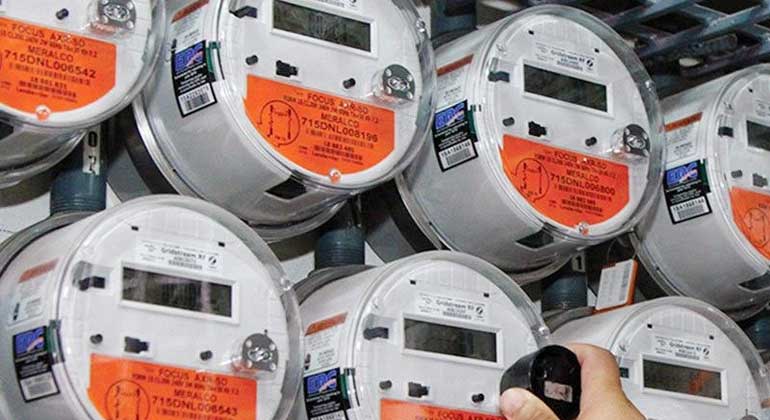
Government urged to release Murang Kuryente subsidies
By Adam J. Ang – August 26, 2020 | 7:05 pm
from Business World

A CONSUMER group is seeking the immediate grant of subsidies on some universal charges in electricity bills, a year after a law granting such relief was passed.
Republic Act No. 11371 or the Murang Kuryente Act provides a P208-billion subsidy to cover the universal charges for stranded contract costs and stranded debts paid for by consumers. The funds come from the net proceeds of the government’s share from the Malampaya Natural Gas Project. It will also pay for the anticipated shortfalls or deficits incurred from settling such obligations.
The subsidy allocation was not included in the 2020 national budget, as the implementing rules and regulations (IRR) of the law were only passed in April. As a result, the subsidies will be released next year, according to Power Sector Assets and Liabilities Management (PSALM) Corp.
But Laban Konsyumer said the IRR “should not be a condition precedent to the entitlement of all end-users to an immediate reprieve” granted by the law.
“The consumers have nothing to do with the proper disposition of the Malampaya funds, which are essentially, the responsibility of the implementing agencies,” it said.
Victorio A. Dimagiba, the group’s president, told BusinessWorld that the government must refund those charges that were collected from consumers since the effectivity of the law. The Murang Kuryente Act was signed on Aug. 8, 2019.
In a petition filed with the Energy Regulatory Commission (ERC), the group asked the government to stop collecting the two universal charges, which the law also orders.
At present, PSALM is not recovering stranded contract costs but is still collecting the P0.0428 per kilowatt-hour stranded debts. The application to collect the latter was approved before the Murang Kuryente law was passed, and it will still be collected until the end of its corporate life, according to the ERC.
In the Department of Budget and Management’s proposed National Expenditure Plan for next year, it was planned that PSALM, which assumed stranded contract costs and stranded debts from the National Power Corp. (Napocor), will receive P8 billion as payment for the said bill components.
Stranded contract costs are “the excess of the contracted cost of electricity under eligible IPP (independent power producer) contracts over the actual selling price of the contracted energy output of such contracts,” the IRR defined.
Meanwhile, the stranded debts are those unpaid financial obligations of the Napocor which have not been liquidated by the proceeds from the sales and privatization of its assets.
PSALM cannot file for new applications to collect these charges from consumers until the government subsidy is exhausted.



